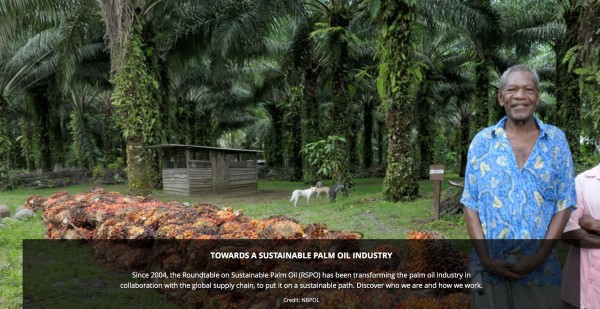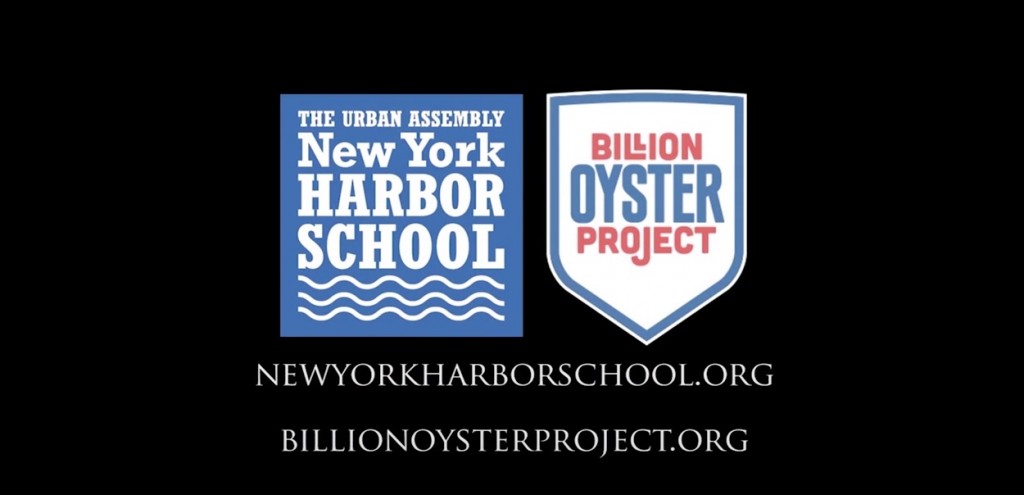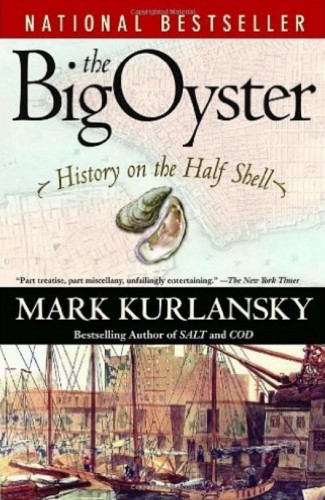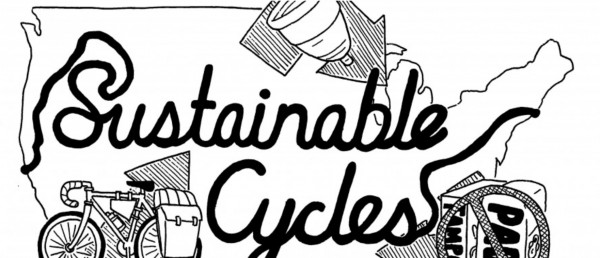
- Shop from companies listed in the RSPO’s database of sustainable-palm supporters;
- Look for the RSPO trademark on products;
- Ask retailers to offer more certified sustainable palm oil products;
- Ask manufacturers to use certified sustainable palm oil;
- Visit the World Wildlife Federation to learn about other ways to get involved.
1 Million Women also explains why checking and boycotts are so important.
100% Certified Sustainable Palm Oil (CSPO) is produced in a way that helps protect the last remaining habitat for wildlife and preserves the livelihoods of producers. By buying from companies using either CSPO or sustainable alternatives to palm oil, you can enjoy some wildlife-friendly, guilt-free chocolates.
Why is palm oil such a big issue?
When tropical forests are cleared to make way for oil palm plantations, carbon is released into the atmosphere as carbon dioxide (CO2 ), the gas that is the leading cause of climate change; tropical deforestation accounts for about10 percent of total global warming emissions (UCS 2013).
Indonesia was the world’s seventh-largest emitter of global warming pollution in 2009, and deforestation accounted for about 30 percent of these emissions (WRI 2013). Indeed, for that same year Indonesia ranked second (behind Brazil) in the amount of global warming pollution it produced because of deforestation (WRI 2013).
It’s estimated that 98% of Indonesian forest will be gone in 9 years due to palm oil plantations.
Palm Oil is a major problem, and it is up to us as consumers to make a difference. It is up to us to boycott the brands that contain palm oil, or who are not trying to source responsible palm oil, and protest against those who create this destruction…
How is standing up against sustainable palm oil going to affect the food and beauty products we use at home?
Standing up might mean giving up: crackers, ramen, chocolate eggs, easter bunnies and many commercial brands of soap – in favor of buying less commercial brand products. But that’s not necessarily a bad thing, is it? Having the chance to save the world and be healthier at the same time sounds like a pretty good tradeoff to me.
For more information on the drive to produce only sustainably harvested palm oil visit the Roundtable on Sustainable Palm Oil.



